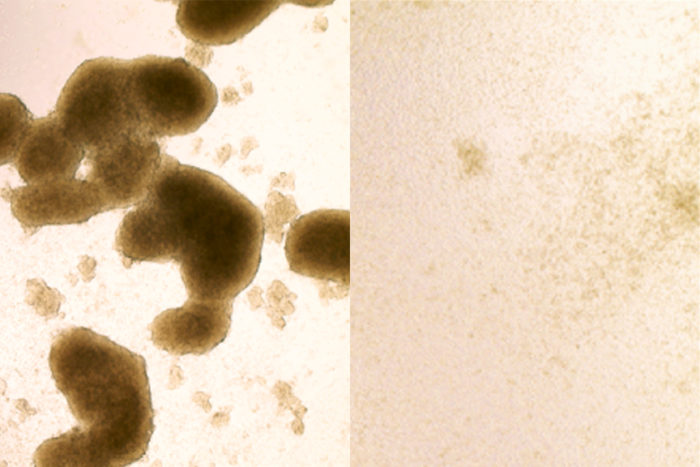CANCER DIGEST – Sept. 23, 2017 – Cancer prevention, an idea the American Cancer Society and the National Cancer Institute have been preaching for decades seems to have taken hold, according to a new survey by the Mayo Clinic.
The annual Mayo Clinic National Health Checkup survey released last week shows that 95 percent of respondents take at least one preventive measure to avoid cancer. Started last year, health checkup survey aims to provide a quick pulse on consumer health opinions and behaviors at multiple times throughout the year.
Saturday, September 23, 2017
Saturday, September 16, 2017
Diet and lifestyle play a major role in colorectal cancer
CANCER DIGEST – Sept. 16, 2017 – Nearly half of all colorectal cancer can be prevented with exercise and dietary changes, research shows, and a new study confirms that exercise and whole grains lower the risk while alcohol, red meat, processed meats and obesity increase the risk.
The new study by the American Institute for Cancer Research (AICR) and the World Cancer Research Fund confirms earlier research. Led by Dr. Edward Giovannucci, professor of nutrition and epidemiology at the Harvard TH Chan School of Public Health the study was published in the AICR’s own newsletter. It analyzed data from 99 previous studies that involved a total of 29 million people, including more than 250,000 diagnosed with colorectal cancer.
The new study by the American Institute for Cancer Research (AICR) and the World Cancer Research Fund confirms earlier research. Led by Dr. Edward Giovannucci, professor of nutrition and epidemiology at the Harvard TH Chan School of Public Health the study was published in the AICR’s own newsletter. It analyzed data from 99 previous studies that involved a total of 29 million people, including more than 250,000 diagnosed with colorectal cancer.
Saturday, September 9, 2017
Zika virus kills brain cancer, may be potential treatment
 |
| Brain cancer stem cells (left) are killed by Zika virus infection (right). – photo courtesy Washington University |
The findings, published Sept. 5 in The Journal of Experimental Medicine showed laboratory results of glioblastoma tumors removed from patients that the researchers infected with two strains of Zika virus.
Subscribe to:
Comments (Atom)

